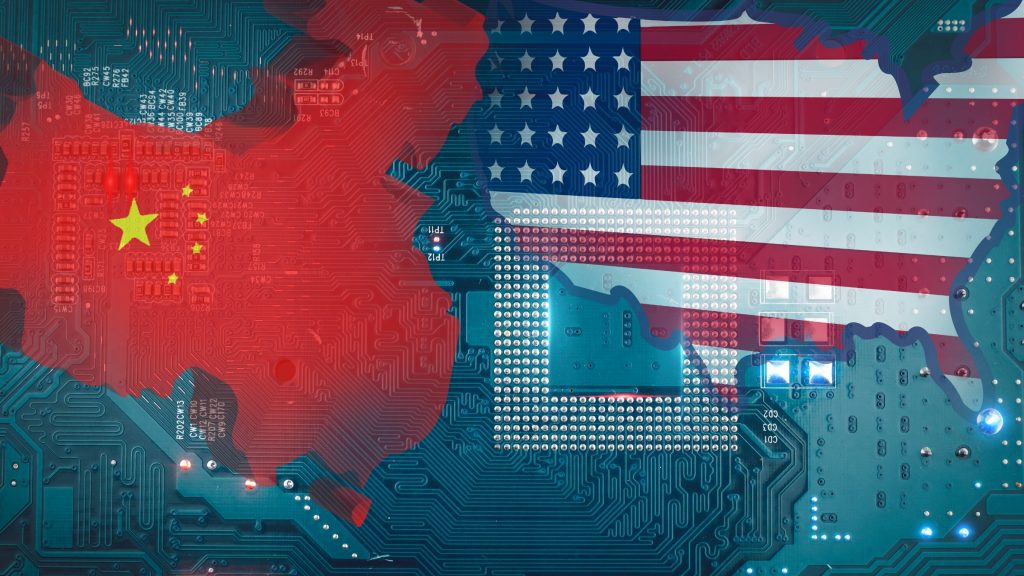
A global Pew Research Center survey spanning 25 countries revealed that majorities trust the European Union (EU) more than the US or China, seeing it as their center for AI and digital policy, creating a dangerous global governance vacuum.
The public’s distrust is adding fuel to the fire of conflict between Big Tech’s AI development’s breakneck pace and fractured global regulators’ inability to establish transparent AI usage policy for ethics, safety, and fundamental human rights.
A global crisis of “AI Anxiety” is taking different forms throughout 2025, with the peoples’ trust in their governments to regulate AI policy for companies plummeting.
Governments are spending billions on AI research and infrastructure, struggling with mounting concerns regarding bias, disinformation, and job displacement.
Most of those surveyed still trust their own governments to regulate AI. The EU’s AI Act bolstered the Union’s global leadership on this issue as the world’s first thorough, and comprehensive, AI policies for companies law.
The EU AI Act bans high-risk applications, such as social scoring, and mandates transparency for AI security policy systems.
Meanwhile, Washington and Beijing continue to engage in their AI privacy policy technological dominance battle, through chip controls, rare earth curbs, and international coalitions. At the same time, however, both powerhouses are encountering extensive skepticism of their regulatory motives and transparency.
Pew’s survey results revealed more than just public opinion, triggering the hypothesis of who should define the generative AI policies with ethical boundaries of intelligent machines.
Should AI’s moral compass be driven by powerful governments, global corporations, or by democratic consensus shaped through public participation?
Through the survey’s result, it could be determined that it is not only geopolitical tensions that get to write the rulebook for humanity’s big beautiful bill AI regulation future development, but also the public trust and their collective global struggles.
Leading Solutions for Enforcing AI Usage Policies
Countries are eager to gain the first-place position in AI development, and they are also grappling with the right means to enforce along the way, which would allow them to become the center for AI and digital policy.
The Pew poll highlights a consistent trend: people tend to trust their own governments more than global powers to have AI regulation moratorium in the US. Yet when looking beyond borders, the EU emerges as the preferred global standard-setter.
Europe’s AI Act, approved earlier this year, is the first global attempt to regulate artificial intelligence. It establishes a risk-based framework banning “unacceptable” applications such as social scoring and requiring transparency for systems like chatbots and facial recognition.
Experts argue that this structured approach of EU is the Centre for the governance of AI as a regulatory push to be the first and lead in the construction of said regulations.
“The bloc has managed to project its values of privacy, transparency, and human oversight beyond its borders,” said one Brussels-based policy analyst.
Contrary to the EU, the US remains split on AI governance solutions.
Although the Biden administration has introduced voluntary safety commitments and an AI Bill of Rights, the country’s decentralized approach contrasts sharply with Europe’s top-down model. According to Pew, Americans themselves are divided 44% trust their own government to regulate AI, while 47% do not.
Political leanings also play a role, with Republicans more likely than Democrats to express confidence in US regulation.
China, for its part, has moved aggressively to control how AI is deployed locally, demanding security reviews and content filters for generative AI systems. Yet global confidence in Beijing’s regulatory intentions remains low. Only 27% of respondents said they trust China to manage AI effectively, though support is notably stronger in parts of Africa and Southeast Asia, where Beijing’s digital infrastructure investments have built deeper ties.
What Is AI Policy Under the EU, US, and China?
The EU’s AI policy is fixed in ethics and risk management. Its rules for becoming the center for AI and digital policy emphasize data protection, algorithmic transparency, and accountability principles aligned with the bloc’s broader digital rights agenda.
Within Europe, trust in the EU’s ability to regulate AI varies, around seven out of ten in Germany and the Netherlands express confidence, compared with four out of ten in Italy and Greece
When it comes to the US, it relies on a market-driven model. Federal regulations remain in sight but aren’t acted on, and states like California and New York have begun drafting their own governments trying to govern AI legislation.
Washington’s efforts to curb China’s access to advanced chips while investing billions in domestic AI research reflect its strategic focus on technological dominance rather than comprehensive governance.
China’s global AI governance policy is embedded in state control and as well as national security. The government has enacted sweeping measures to supervise algorithms and prevent “harmful content.”
This is a race to become the center for AI and digital policy will forever have their three contestants running without a finish line.
Inside Telecom provides you with an extensive list of content covering all aspects of the tech industry. Keep an eye on our Intelligent Tech sections to stay informed and up-to-date with our daily articles.